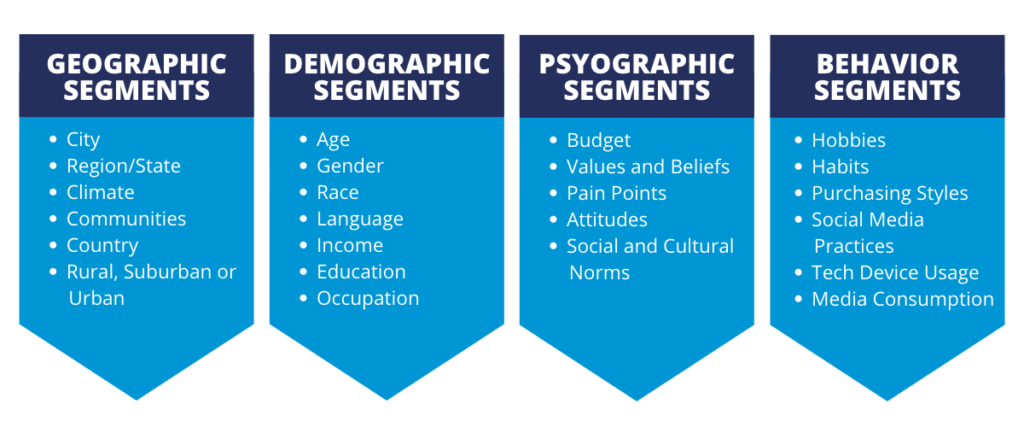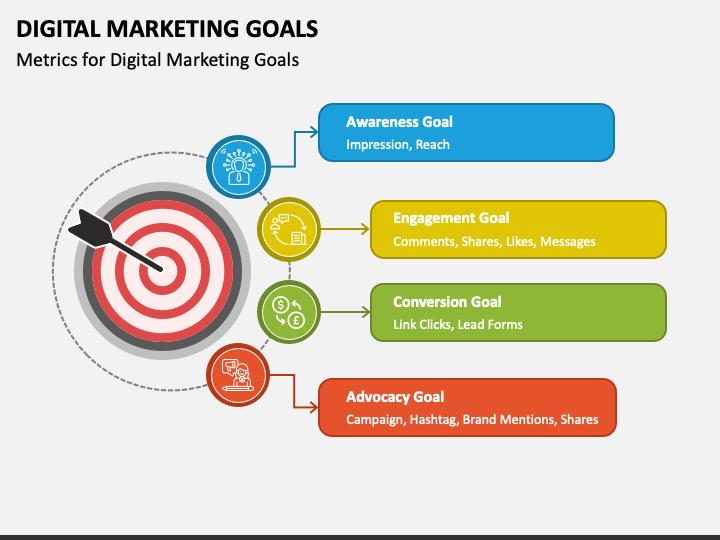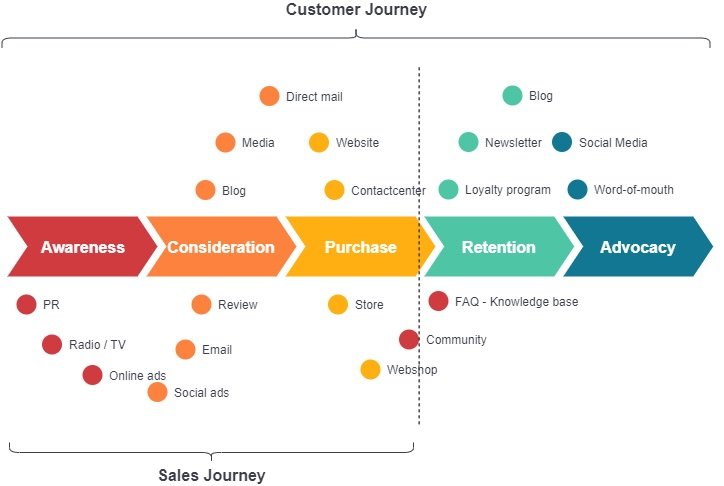When preparing a marketing campaign proposal, it’s essential to consider four key points to stand out from the crowd and impress your interviewer. Let’s dive into these crucial aspects.
1️.Identify Your Target Audience (TA)

Regardless of the size of your campaign, the core goal is to convey your brand or product information to as many relevant people as possible, driving both short-term and long-term purchasing behavior. Before brainstorming your campaign, ask yourself: Who is my audience? Who am I trying to convince to buy?
For example, if your target audience is young people, consider platforms like TikTok and YouTube, or events like music festivals. On the other hand, broad exposure methods like metro billboards may not yield a high return on investment.
2️. Define the Campaign Objective

Campaign objectives generally fall into two categories:
- Increasing Brand Awareness: Focus on long-term brand image maintenance and awareness enhancement. This involves gradually building interest among consumers. Key metrics include exposure volume and brand perception surveys.
- Driving Sales Conversions: Aim for immediate sales conversions. Evaluate how many consumers the campaign drives to purchase. Metrics can include Gross Merchandise Volume (GMV), market share, and penetration rate.
Clearly defining your objective is crucial. If the interviewer wants to assess your ability to drive GMV, but you present ideas focused on increasing exposure, you’ll miss the mark.
3️.Determine the Budget
During the interview, you can ask about the budget. Remember, the interviewer might not provide detailed figures. Your main goal here is to understand their expectations. If they want to hear about a $20k offline event, and you start planning a multi-million dollar integrated marketing campaign, you won’t be providing the answer they’re looking for.
4️.Understand the Product’s Features and Advantages
Before creating your proposal, understand the product’s unique features and the brand’s characteristics. This helps you avoid developing a generic plan that could apply to any brand. Knowing these details allows you to tailor your campaign to highlight the product’s strengths effectively.
5. Consumer Conversion Pathways
The heart of any campaign is the “people”. Ensuring that consumers recognise and continuously choose your brand is key to business success. Interviewers might ask questions like, “What is the overall cycle of this campaign?” to gauge your understanding.

Your answer should clarify how you plan to convert people into buyers. While there are many models (e.g., AAARR, AIDMA), the essential steps are: Awareness → Conversion → Retention → Repurchase → Advocacy. Understand this logic and define each campaign stage accordingly.
6. Platform-Specific Insights and Creativity
A comprehensive campaign can be broken down into various segments, such as online and offline strategies. Interviewers might ask targeted questions about specific campaign segments.
Demonstrate your deep understanding of platform-specific tactics. For instance, TikTok (DY) information streams are great for initial exposure and quick follow-up conversions. Offline events, like roadshows at universities or music festivals, can help capture specific audiences.
For more detailed strategies and tips, you can explore the following links:
- BlakSheep Creative’s Social Media Marketing Strategies
- BrandCurb’s Social Media Trends for 2024
- Vista Social’s Social Media Trends
- SEMrush’s Social Media Tips
- Hootsuite’s Social Media Growth Strategy
7. Business-Oriented GMV Management
If the interviewer focuses on meeting specific targets, they might ask precise questions, like, “Can your plan achieve 3x GMV with a 1x investment?”
This question tests your understanding of metrics and business goals. Even if the target seems high, stay composed and explain your reasoning. Break down GMV and ROI for each platform and detail each part of your strategy. For example, if your brand-building efforts are strong, you might work with top influencers on TikTok and build a network of mid-tier influencers.
By keeping these key points in mind, you can effectively navigate marketing campaign interview questions and showcase your comprehensive understanding and strategic thinking.
